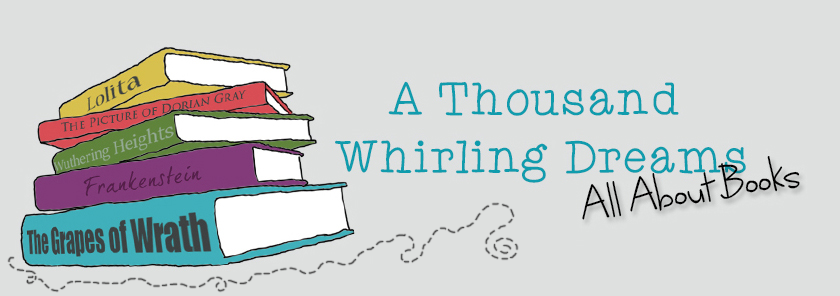“What are dreams? A
random sequence of scenes, trivial or tragic, viatic or static, fantastic or
familiar, featuring more or less plausible events patched up with grotesque
details, and recasting dead people in new settings.”
Title: Ada or Ardor: A Family Chronicle
Author: Vladimir Nabokov
Year: 1969
Pages: 479

It is set in an alternate version of our earth. There are
slight differences in world events, and, in short, consequently North-America
is a country in which people speak French, Russian, and English. Very
convenient for the author, who was fluent in these languages, and felt being
able to speak all of these allowed him to express himself best – if a word lacked
in the English language, he’d use the French word, etc. (Very contrasting to
the way language is used in the dystopian 1984).
Although all Nabokov’s novels mix these languages, in Ada it is most prominent and important. At first glance, too, he
has provided us with a glossary. Unfortunately, there are no notes, so whenever
you stumble upon a foreign word, you’d have to go to the back of the book, and
find out whether it’s been translated or not. Quickly enough, you’ll find that
you’ve put too much trust in Nabokov. Of course, the easy phrases are the only
ones translated, and for the difficult passages, you’d have to use Google
Translate. Even more so, there are some words or phrases which are glossed
several times, with different meanings. When then you see the notes were
written by Vivian Darkbloom , someone
who’s read Lolita will understand
that this is a character (and a persona of our author – it’s an acronym, you
see). Language is the first of many features which makes this novel interesting
and dynamic, but at the same time tedious and difficult. Much time is spent
trying to figure out what the characters are saying when speaking Russian –
French I could often understand - up until the point when you can no longer be
bothered checking each and every word, hoping you’ll understand the basic
premise without looking it up.
While at first hand the plot seems quite straight forward,
it becomes weirder and more morbid throughout. What probably should have
creeped me out properly, but frankly only interested me, was the fact that for
thirteen-year-olds, Van and Ada know much about sex, and are slightly too
interested in it. In my opinion, this resulted mostly in funny or awkward
scenes. While I admit, at some parts it could be viewed as erotic, I could not
forget about their age which sort of obstructs this genre, in my opinion. There
are more instances when the novel gets weird, but I want to remain spoiler-free
here. When you get to the very last sentence of part 1 you’ll know what I mean
(Although, the very attentive reader will merely regard this as a reference to Madame Bovary, rather than a plot-twist –
this had to be pointed out to me, though).
When discussing this in class, I found out most people found
the novel boring and too long. While it is indeed the longest novel we had to
read, to me, it was the most exciting one (disregarding Lolita here as I’d already read it a year before), mostly because
it was so plot-driven. This allowed you to read on, remain interested in what
happened, and care for the characters. This also helped me getting through the
more confusing and philosophical chapters. I have to agree with most critics
that at some point these chapters seem superfluous and make the story drag, but
knowing the plot will continue in just a few pages motivated me. I would also
be interested in finding out how exactly those chapters fit in - I cannot wait
to reread the novel for this purpose.
One last quality I’d like to talk about is the form of the
novel. In essence, it’s a memoire, written by Van, reread by both him and Ada,
which we can see sometimes when at the end of the chapter there’s a note by
either of them. This made the novel even more dynamic.
As I mentioned before, though, it lost me sometimes. Also,
the amount of references to other literary works or historical figures became
exhausting. You don’t want to come across as ignorant, so in the very beginning
of reading Nabokov, you try to understand every single reference. I was lucky
enough that I read this novel at the end of a course on Nabokov, which meant I
had by now become somewhat familiar with his style. Hence, I did not bother to
understand everything. But how much more fun would it have been if I understood
every reference? Yet another reason to reread this (in ten or twenty years).


No comments:
Post a Comment